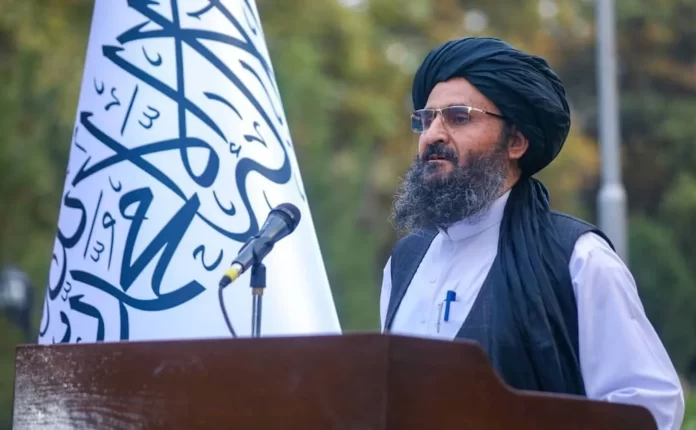Due to constant conflict, Afghans are divided and fragmented society. Deprivation, invasions, poverty, low literacy rates, and lack of justice have driven them towards extremism in every aspect of life.
The foreign invasions and the civil war have destroyed the country, split the system, cultivated the seeds of hatred and promoted radicalisation. There would not be a single family that has not been victimised by war in last four decades. So these grievances have ultimately created reflection in social behaviour of youths and spurred them to extremism .
Despite having some achievements in the fields of reconstruction, education, improvement in establishing diplomatic ties in the last two decades, we experienced fake democracy, we witnessed the unjustified distribution of power, unconstitutional and unrealistic bargaining of elections results and high levels of corruption during US invasion in last two decades.
The Afghan nation has observed thousands examples of human rights violations committed by West, the so called champions of human rights and unfortunately the Afghans have still been suffering from the aftermath of US withdrawal, system collapse and Taliban takeover, resulted from the breach of commitments in Doha agreement. Most importantly, the high patriotic sentiments of authorities, slogans, agreements and promises of all those involved were proved to be false.
The root causes of the recent critical political and economical conditions in Afghanistan were shortcomings of Doha agreement, unrealistic assessment and non factual perceptions of former president Ghani, his power based attitude towards peace and the deceitful approach of Taliban to the commitments they made in Doha agreement. The will of the people has never been included in decision making.
United States ignored the will of the Afghan people during Doha agreement while its catastrophic outcome and unfortunate implications were seen during the last days of withdrawal and afterwards.
In the aftermath of invading Afghanistan, US and NATO, being suffered tremendously and in the light of the lessons learnt from the last year’s shameful withdrawal, should have reviewed the failed strategy of ignoring the aspirations of the people of Afghanistan.
Subsequently to taking over the power by Taliban, we shared the fears, worries and concerns with the authorities and people of Afghanistan through local media. We could feel the pain of the people as well, but we neither panicked, nor we tried to flee. We overlooked the disorder, the inadequate behaviour, the monopolization, the human rights violations and lots of more disadvantages.
For national interests and lack of better alternative, we had to keep a blind eye on the shortcomings and mismanagement of the ruling group, regarding their inability to comply with the concerns of our people to bring changes in domestic and foreign policies.
We have identified the shortcomings of the authorities and proposed adjustments but instead of reforms the attitude of the regime was even hardened and the policy of taking the Afghan society to backwardness was even tightened. The implications of the economic sanctions and diplomatic isolation were heavily felt by common people
The question is that whether the solution is to remain silent and do nothing? Take up arms against the rullers and fight for another 20 years or choose the platform of peaceful struggle based on nonviolence and coordinate with the world community for moral and political support? In the light of the lessons we learnt from the past we have preferred to choose the peaceful struggle to pressurise for reforms.
Hence, the world community and Afghans need to coordinate and consolidate their efforts, search for common points and focus on nonviolent ways to achieve the objectives through eradication of extremism from Afghanistan. Joint, focused and consolidated efforts are essential for reforms and changes in within the framework of beliefs, culture and national values of the Afghan people.
In order to achieve the best possible results, the Afghans need to be facilitated rather than being dictated by the world community to address their own shortcoming the way they prefer. We must together concentrate on planning for prevention of tomorrow’s catastrophe, rather than quarrelling on yesterday’s mistakes.
We strongly reject the use of force to collapse the current regime. It will lead to a series of endless revenge among Afghans. Now is the time to feel the pain of the Afghans and understand that these grief-stricken and war-torn people are shouting for peace as their legitimate right.
We ought to begin struggling against the evils within the system. The Taliban must think about their inability to fulfill the promises of their people and the world by not monopolizing the power and establishing of broad-based government respecting human rights including women and children.




